- Arpana Kharel
In a troubling display of power and political influence, Resham Chaudhary, the convicted mastermind behind the 2015 Tikapur massacre, has been released from prison through a pardon granted by the President. This decision has ignited a storm of controversy and raised grave concerns about the erosion of democracy, the rule of law, and the principle of separation of powers.
By using political cover as a means to evade justice, the government has set a dangerous precedent, highlighting the potential for individuals to commit crimes and secure impunity through political manipulation. Today, there is a dire need to examine the implications of such a pardon, drawing from negative perspectives on democracy by renowned philosophers, international trends in the exercise of pardon, and the fundamental values of democracy, the rule of law, and the separation of powers. Furthermore, the troubling symptoms of an emerging autocracy in Nepal.
Renowned philosophers throughout history have criticized certain aspects of democracy, warning of the potential dangers it can pose if not properly safeguarded. One such philosopher is Plato, who regarded democracy as a corrupt and chaotic form of governance. He argued that in the absence of strong leadership and a focus on the common good, democracy could devolve into tyranny or mob rule. Similarly, Friedrich Nietzsche expressed skepticism about democracy, asserting that it can lead to the "tyranny of the majority" and the suppression of individual freedoms. While these perspectives highlight the potential pitfalls of democracy, they also underscore the importance of protecting its core principles and values.
International trends reveal a wide range of approaches to pardons, with some countries strictly limiting the circumstances under which they are granted, while others maintain a more discretionary approach.
The power of pardon is not unique to Nepal; it exists in various legal systems worldwide. However, the exercise of this power should be governed by a set of principles that ensure its fairness, transparency, and adherence to the rule of law. International trends reveal a wide range of approaches to pardons, with some countries strictly limiting the circumstances under which they are granted, while others maintain a more discretionary approach. In the United States, for example, the power of pardon rests with the President, who can grant pardons for federal offenses. However, there are established guidelines and procedures to prevent abuses of this power, including review processes and the requirement to demonstrate remorse or rehabilitation. Similarly, countries like Canada and Australia have established independent bodies responsible for reviewing pardon applications, ensuring a degree of separation between the executive and judicial branches.
Democracy, as a system of governance, places significant emphasis on the will and participation of the people. It values individual rights, freedoms, and equality under the law. The rule of law is an integral component of democracy, ensuring that no one is above the law and that justice is dispensed impartially. Moreover, the principle of separation of powers establishes a system of checks and balances, preventing the concentration of power in one branch of government.
By granting pardon solely on political grounds, the government has undermined the core values of democracy, the rule of law, and the principle of separation of powers. It sends a distressing message to the citizens, suggesting that political connections can triumph over justice and accountability. The release of Resham Chaudhary weakens public trust in the entire justice system.
The political pardon in the case of Chaudhary reveals alarming symptoms of an emerging autocracy in Nepal.
The political pardon in the case of Chaudhary reveals alarming symptoms of an emerging autocracy. Autocracy refers to a form of governance in which power is centralized, dissent is suppressed, and democratic institutions are undermined. When political influence infiltrates the judicial process, it signals a dangerous shift away from democratic principles and toward authoritarianism.
Granting pardons for political expediency erodes the fundamental principle of equality before the law. It creates a culture of impunity, where individuals with political connections can commit crimes without facing the consequences. This not only undermines the victims and their families but also erodes the fabric of a just society. The release of Resham Chaudhary through political pardon sets a dangerous precedent. It sends a message that those in power can manipulate the justice system to protect their allies and shield them from accountability. This undermines the faith of the citizens in the democratic process and breeds a sense of injustice and inequality.
When political cover becomes the primary factor in determining pardon decisions, it erodes public trust and raises doubts about the integrity of the justice system.
Moreover, the political pardon undermines the separation of powers, a key pillar of democracy. The executive branch should not wield undue influence over the judiciary, as it compromises the independence and impartiality of the judicial system. When political considerations outweigh the rule of law, it weakens the checks and balances essential for a functioning democracy. International norms and best practices emphasize the importance of exercising pardon powers judiciously and transparently. Pardons should be granted based on objective criteria, such as evidence of rehabilitation, remorse, or the presence of extenuating circumstances. When political cover becomes the primary factor in determining pardon decisions, it erodes public trust and raises doubts about the integrity of the justice system.
To safeguard democracy, it is essential to uphold the principles of the rule of law and separation of powers. The judiciary must be protected from political interference and allowed to operate independently, free from undue influence. The power of pardon should be subject to clear guidelines and oversight, ensuring that it is exercised in a fair, transparent, and accountable manner.
Furthermore, civil society organizations, the media, and the international community play a vital role in upholding democratic values and advocating for justice. They have the responsibility to raise awareness, scrutinize actions, and hold the government accountable for any erosion of democratic principles. It is through their collective efforts that democracy can be safeguarded, and the rule of law can prevail.
In conclusion, the political pardon granted to Resham Chaudhary represents a worrisome erosion of democracy, the rule of law, and the principle of separation of powers within country. By prioritizing political expediency over justice, the government sets a dangerous precedent, allowing individuals to evade accountability for their actions based on political connections. This undermines the fundamental values of democracy and creates a culture of impunity. It is imperative to uphold the principles of democracy, ensure the independence of the judiciary, and exercise the power of pardon judiciously to preserve the integrity of the justice system and protect the rights and aspirations of the people.






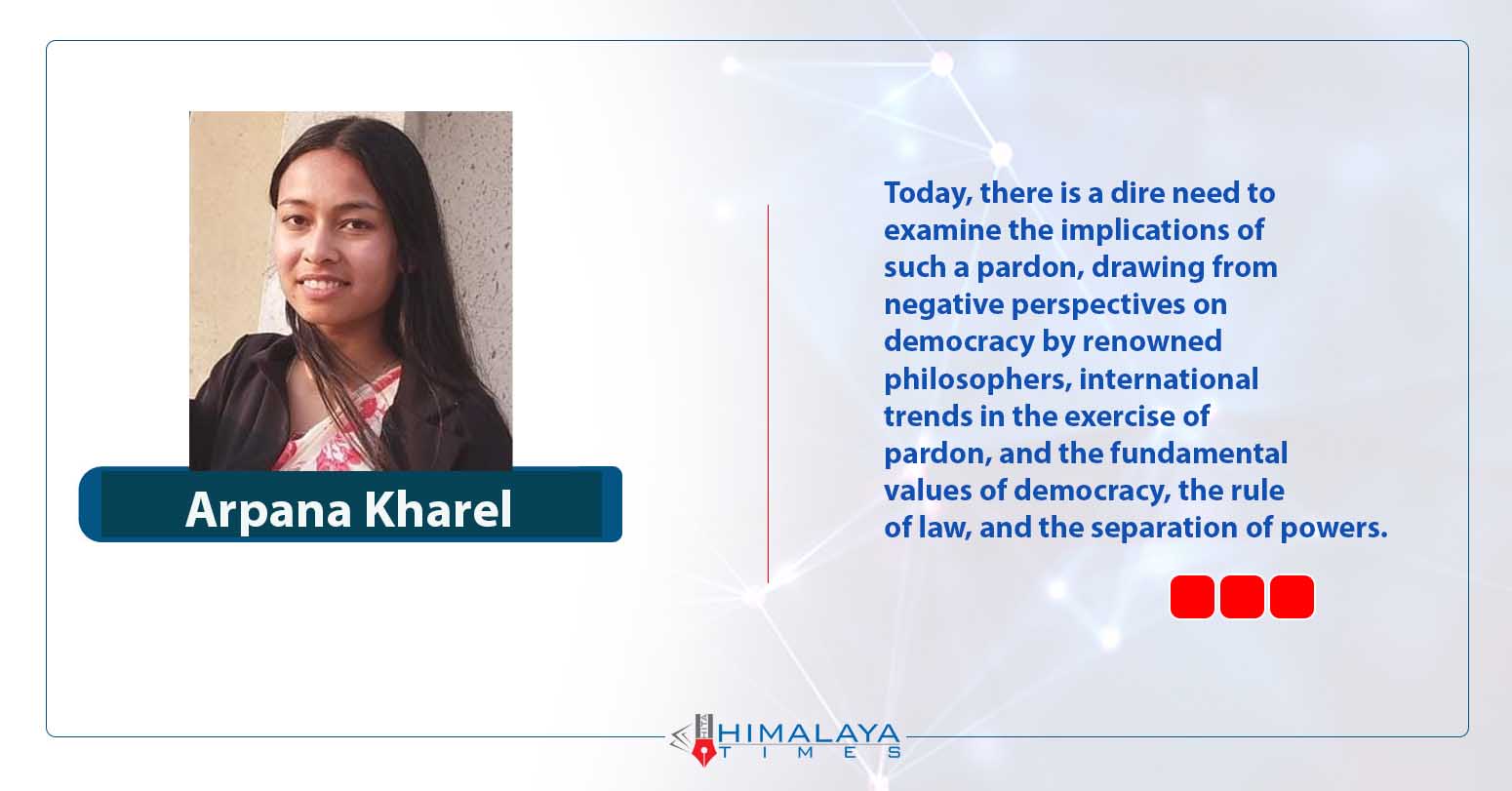
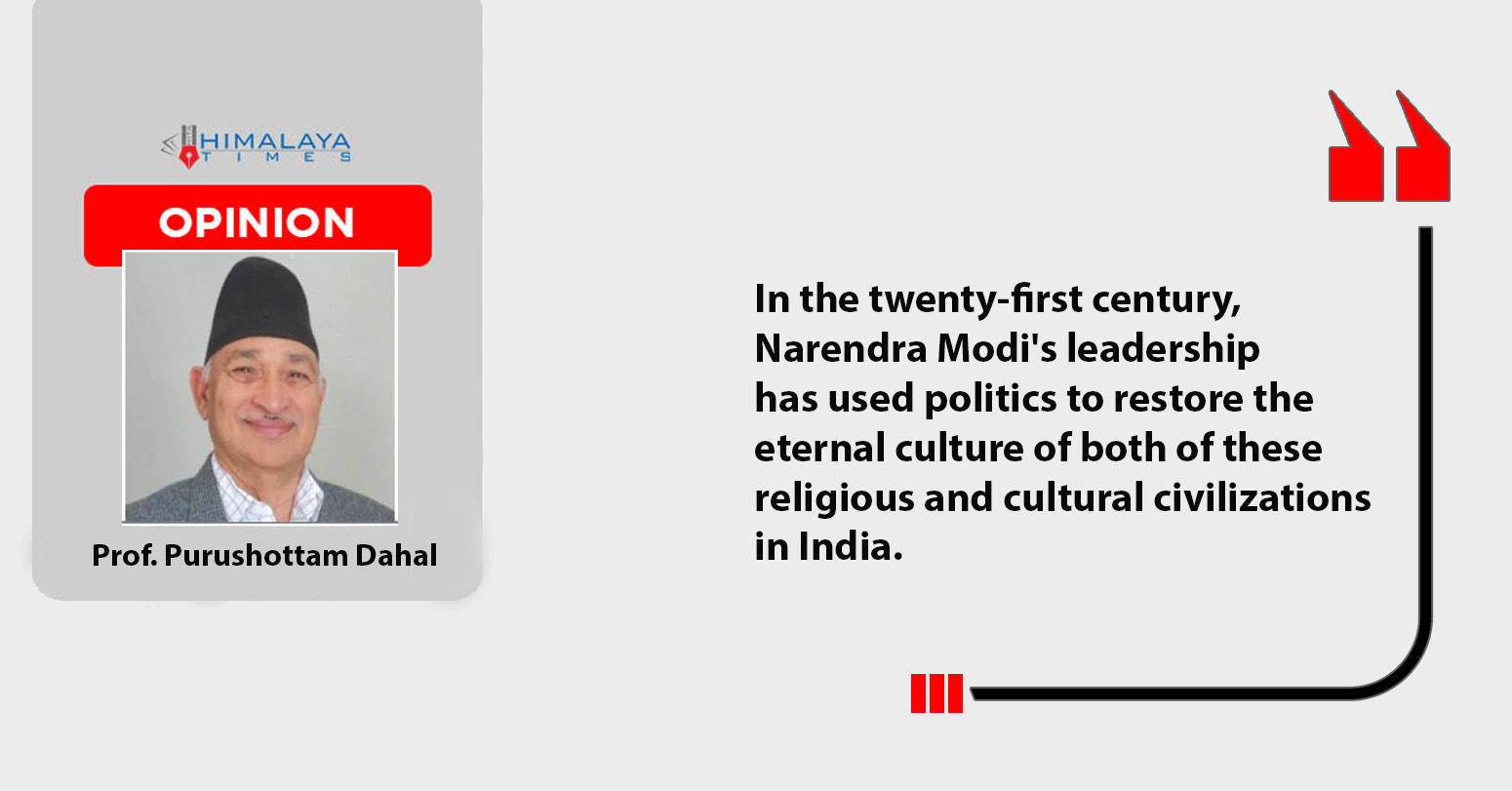
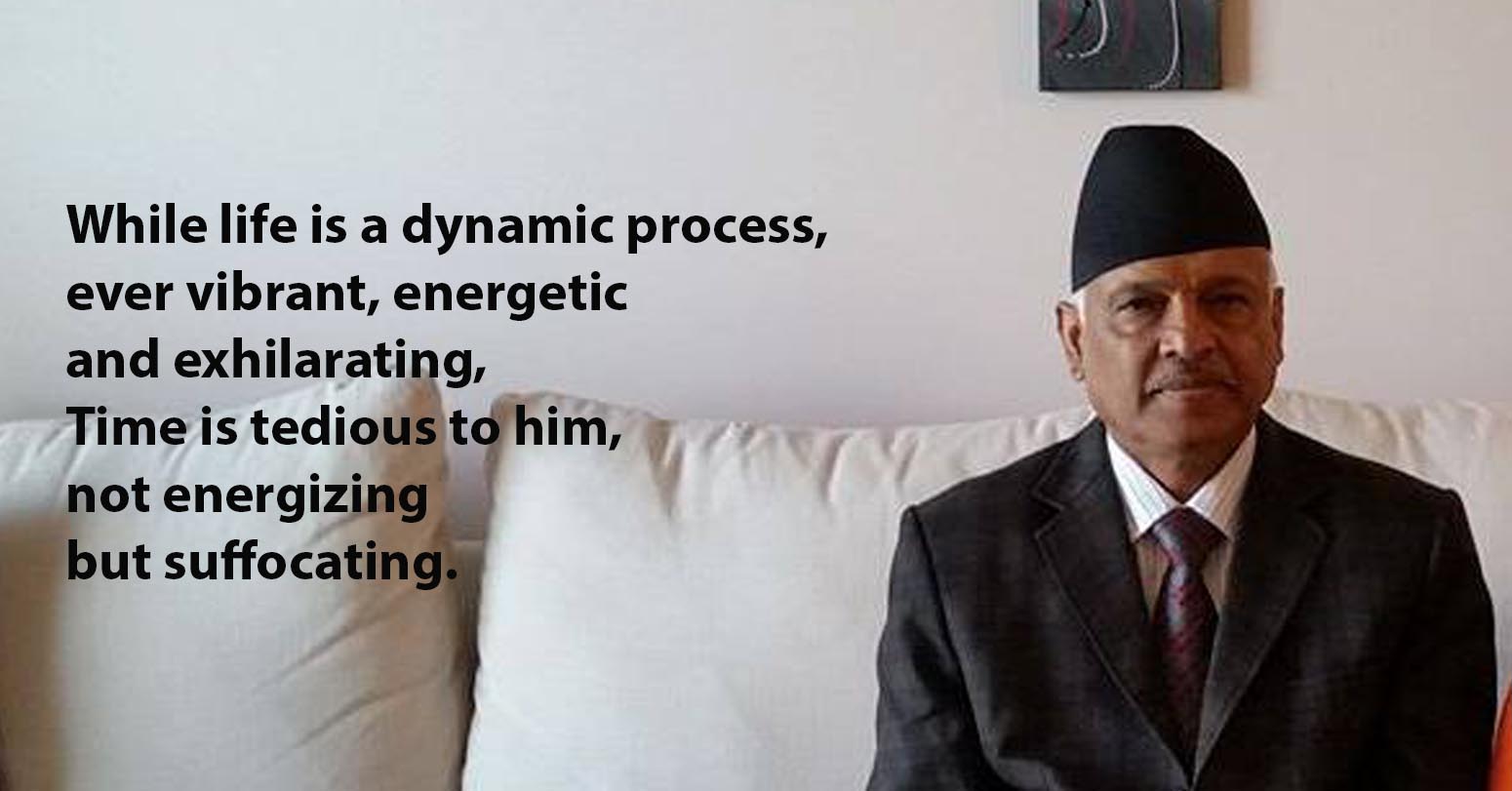
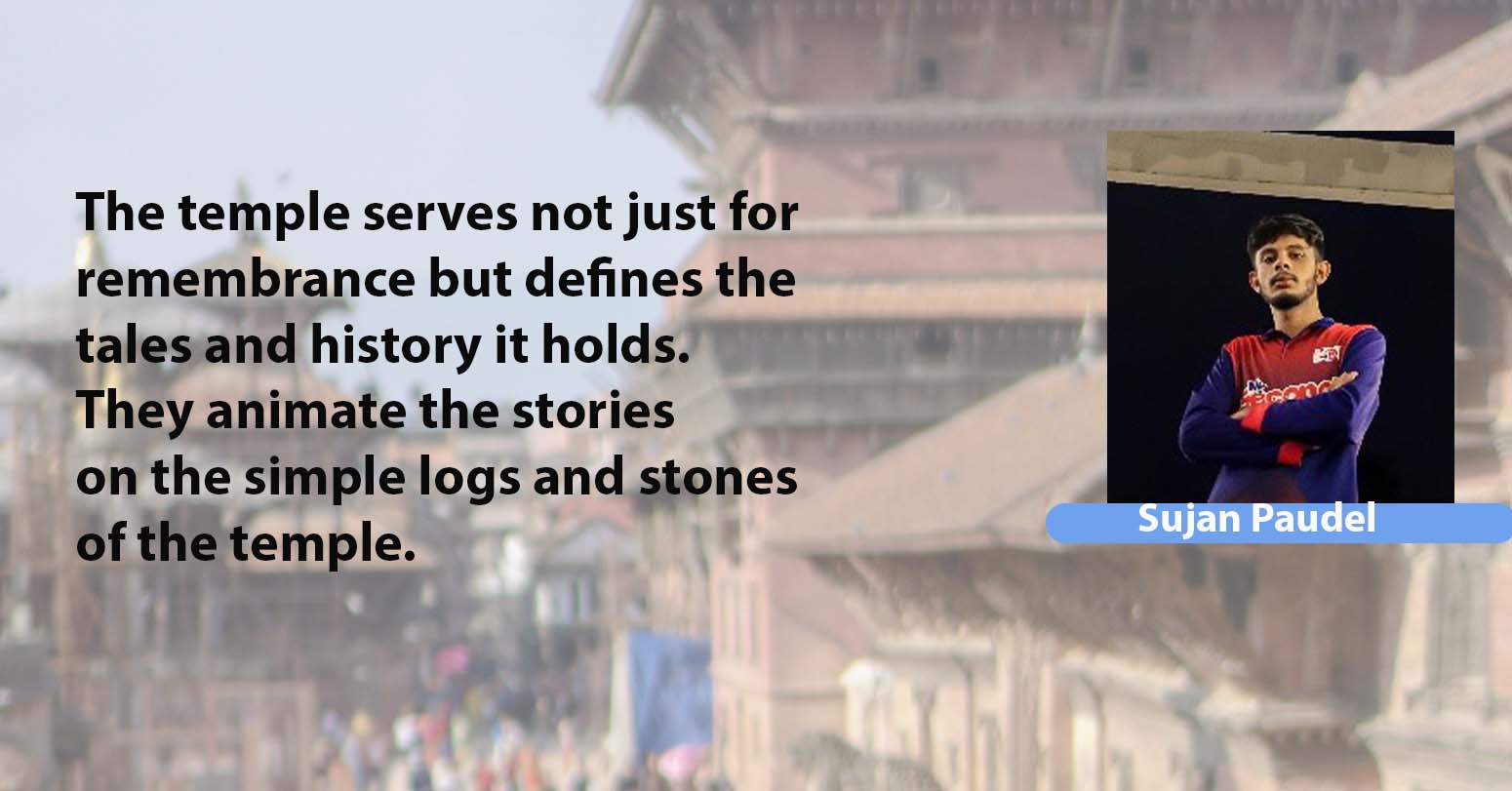
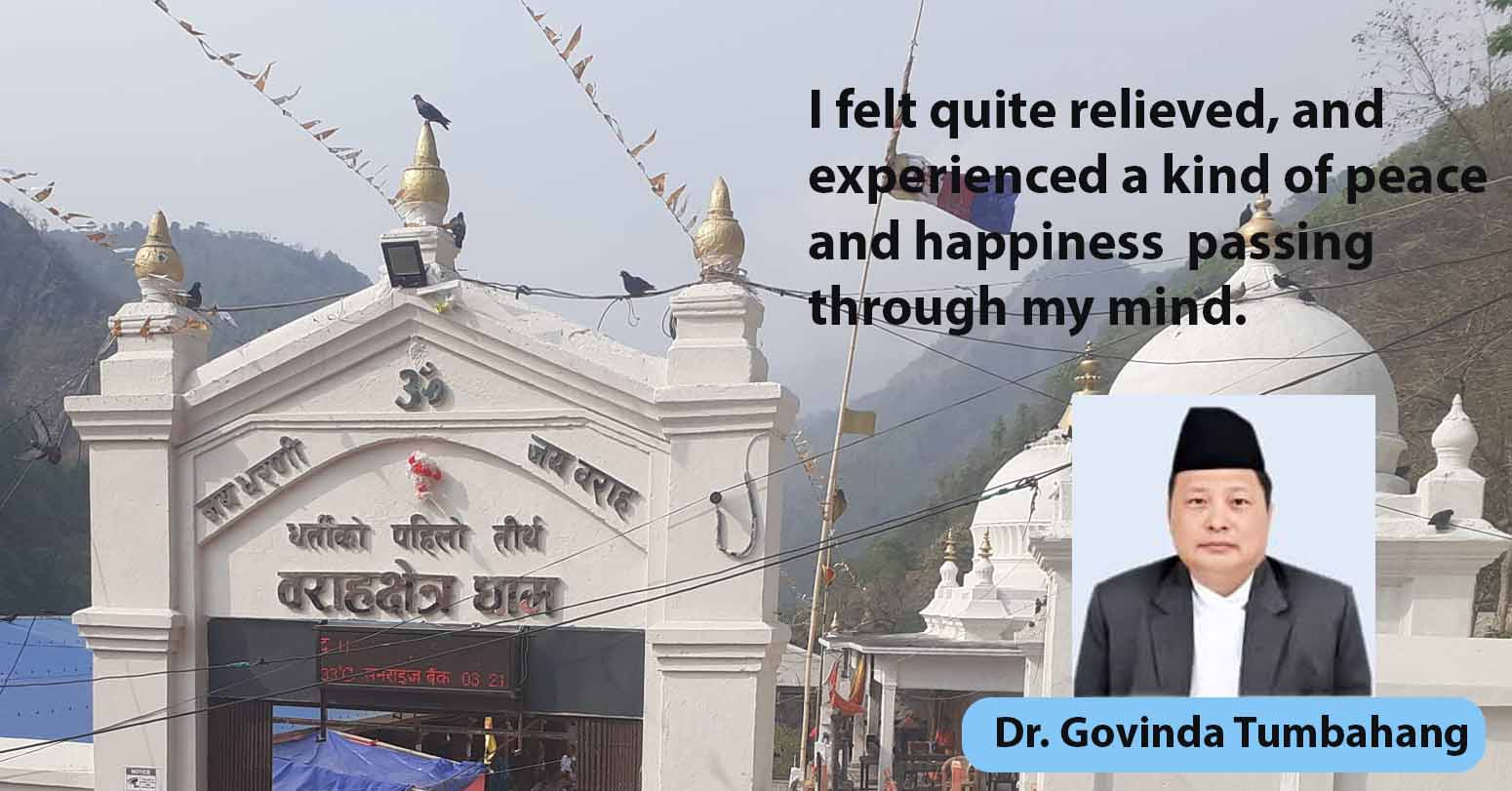
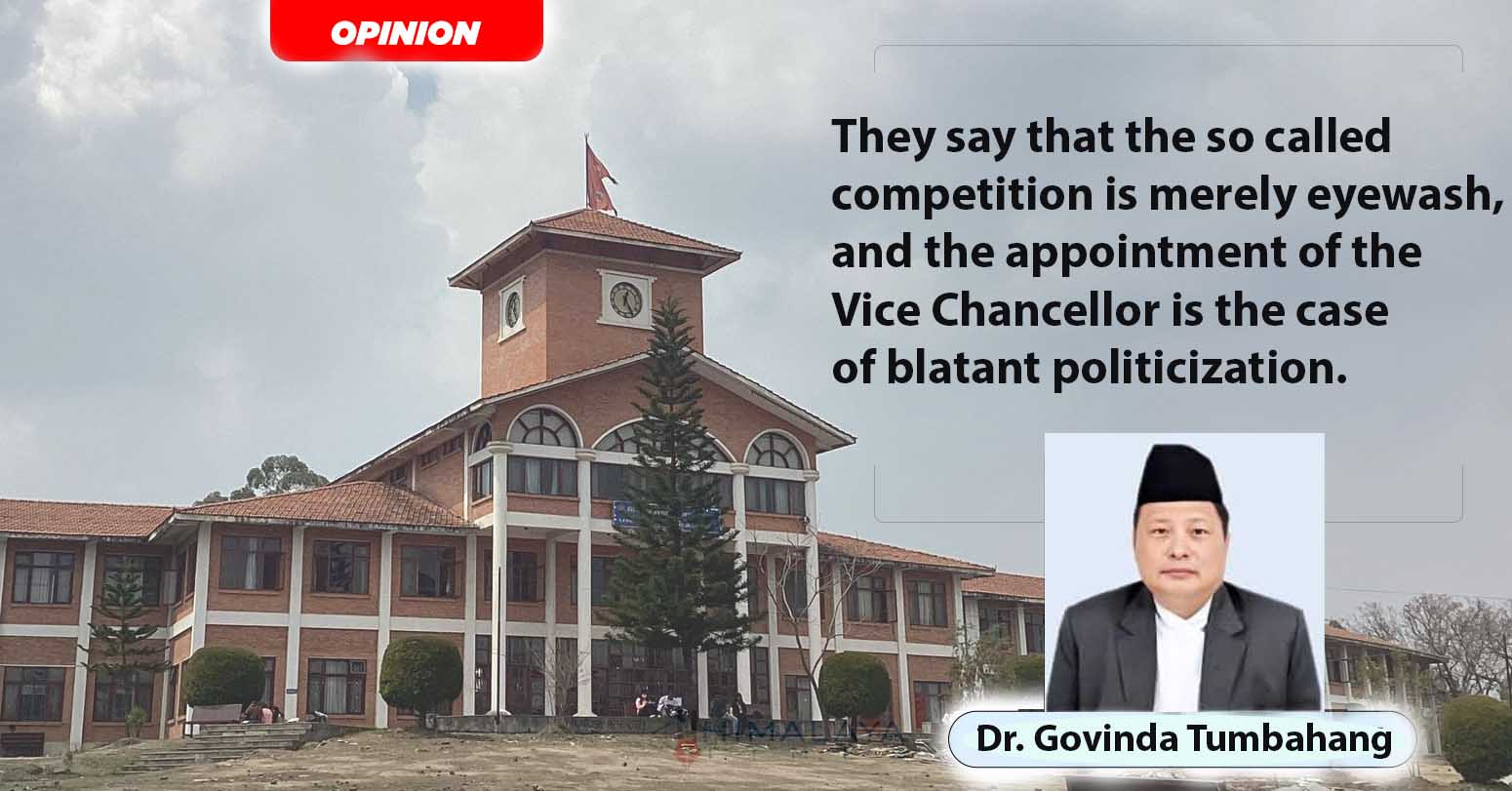

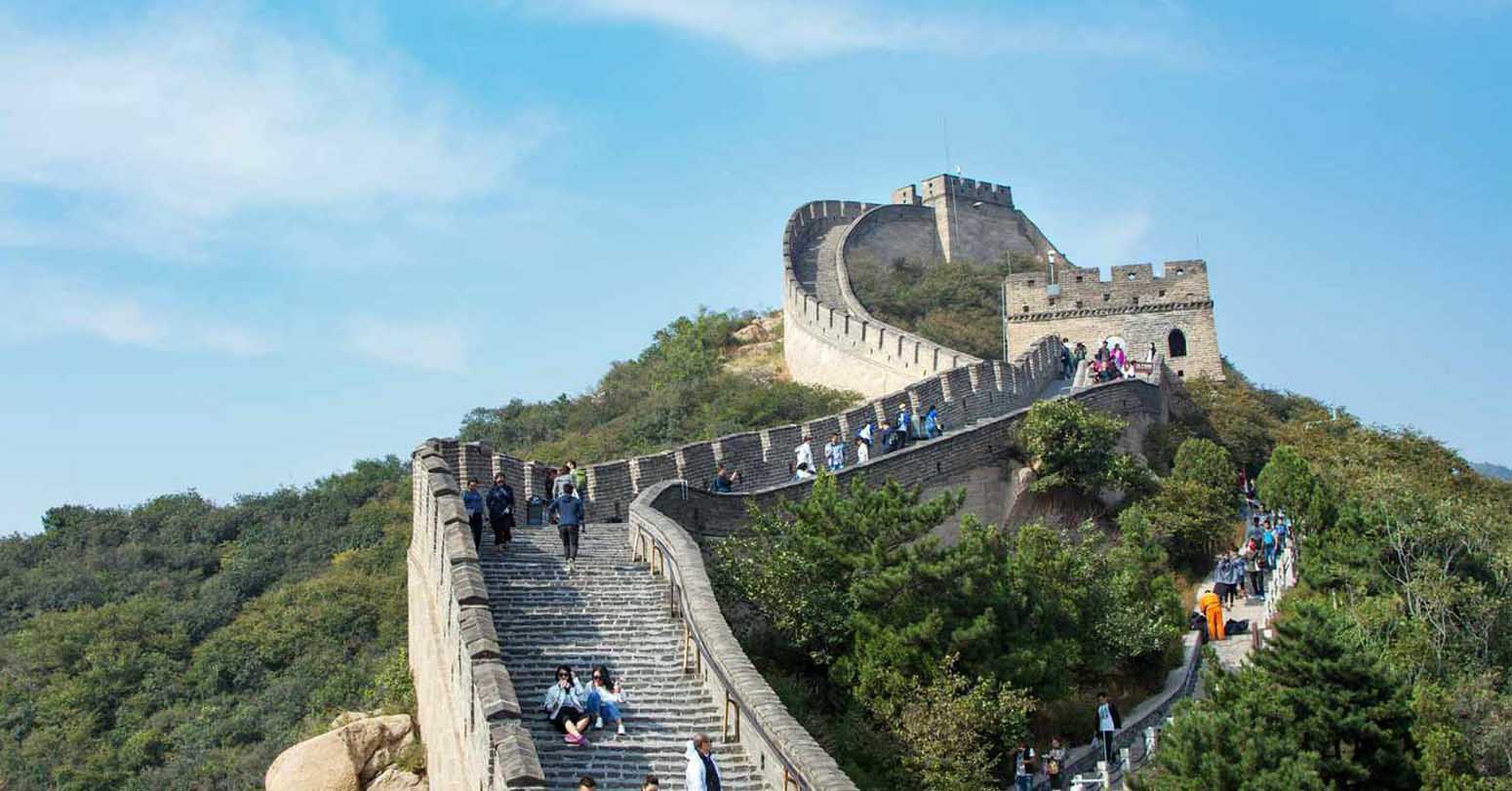
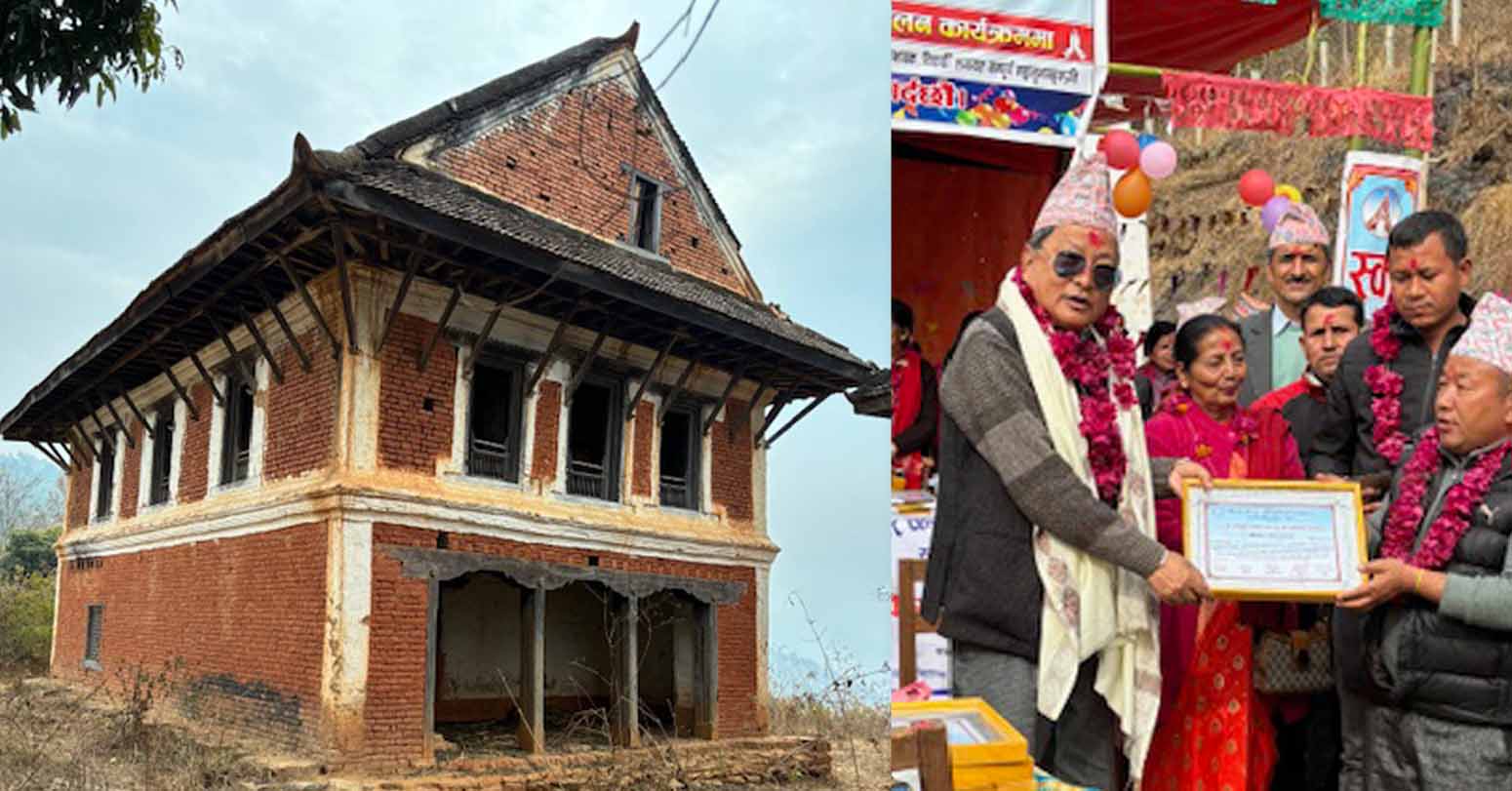

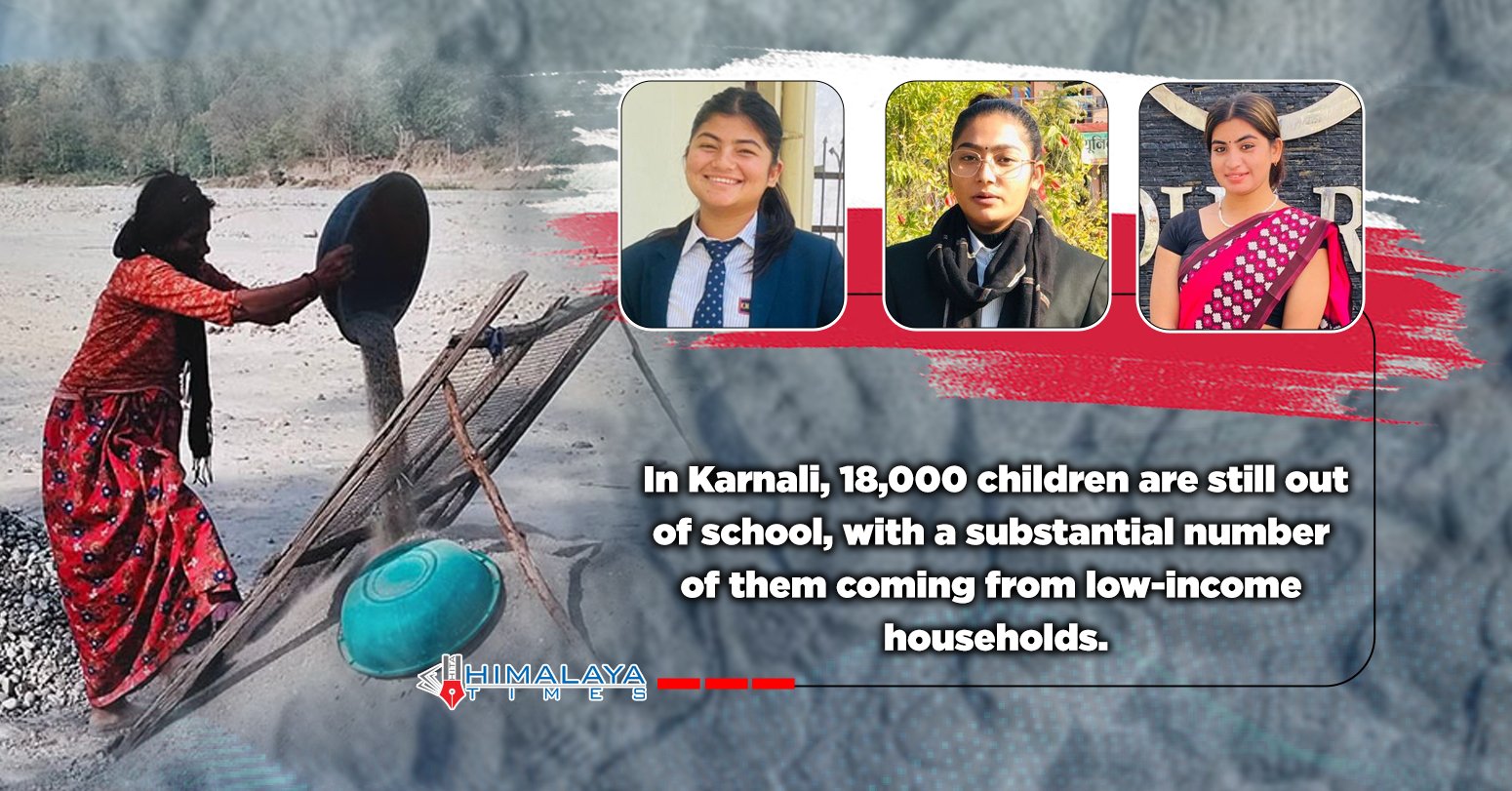
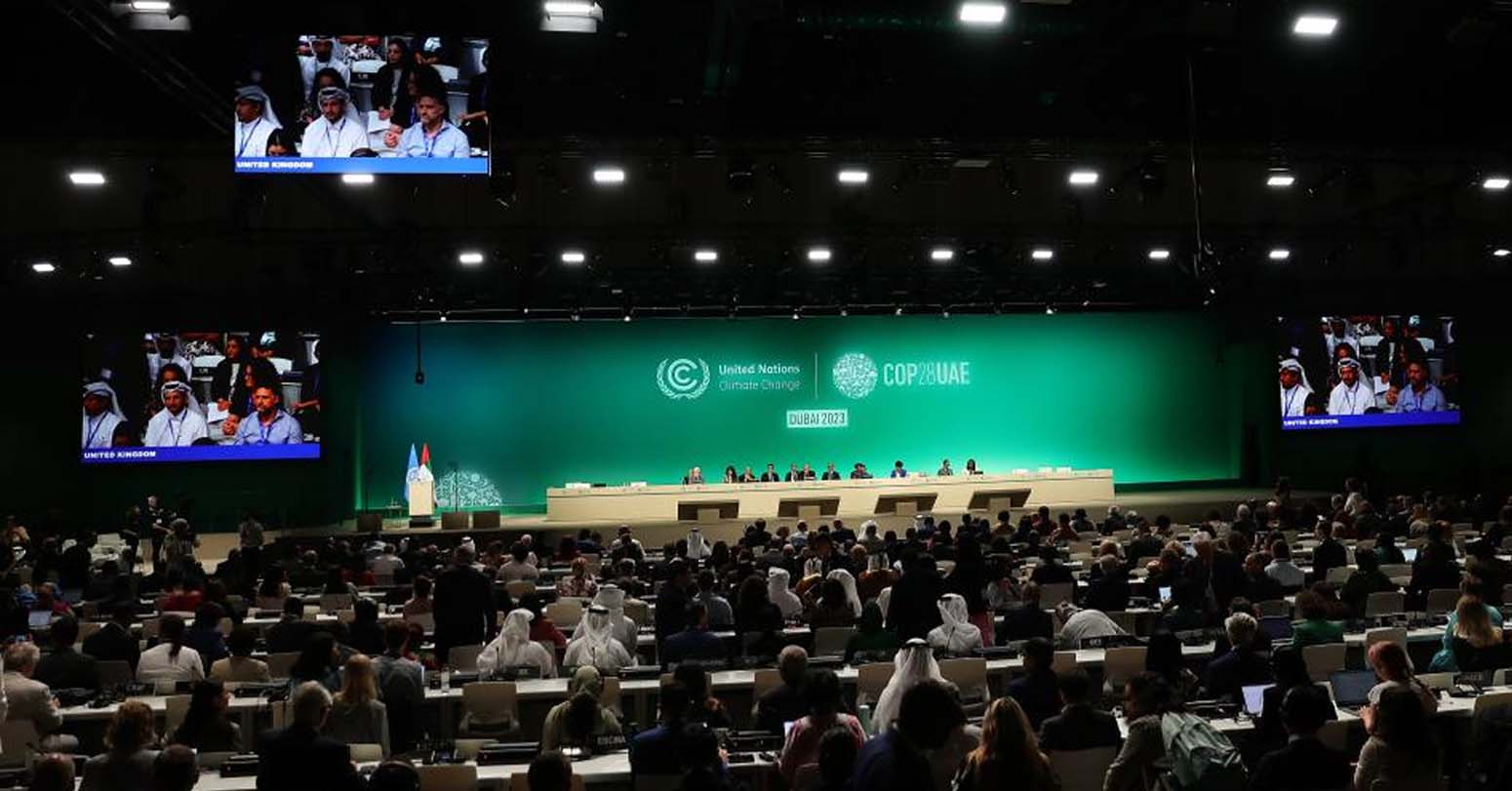
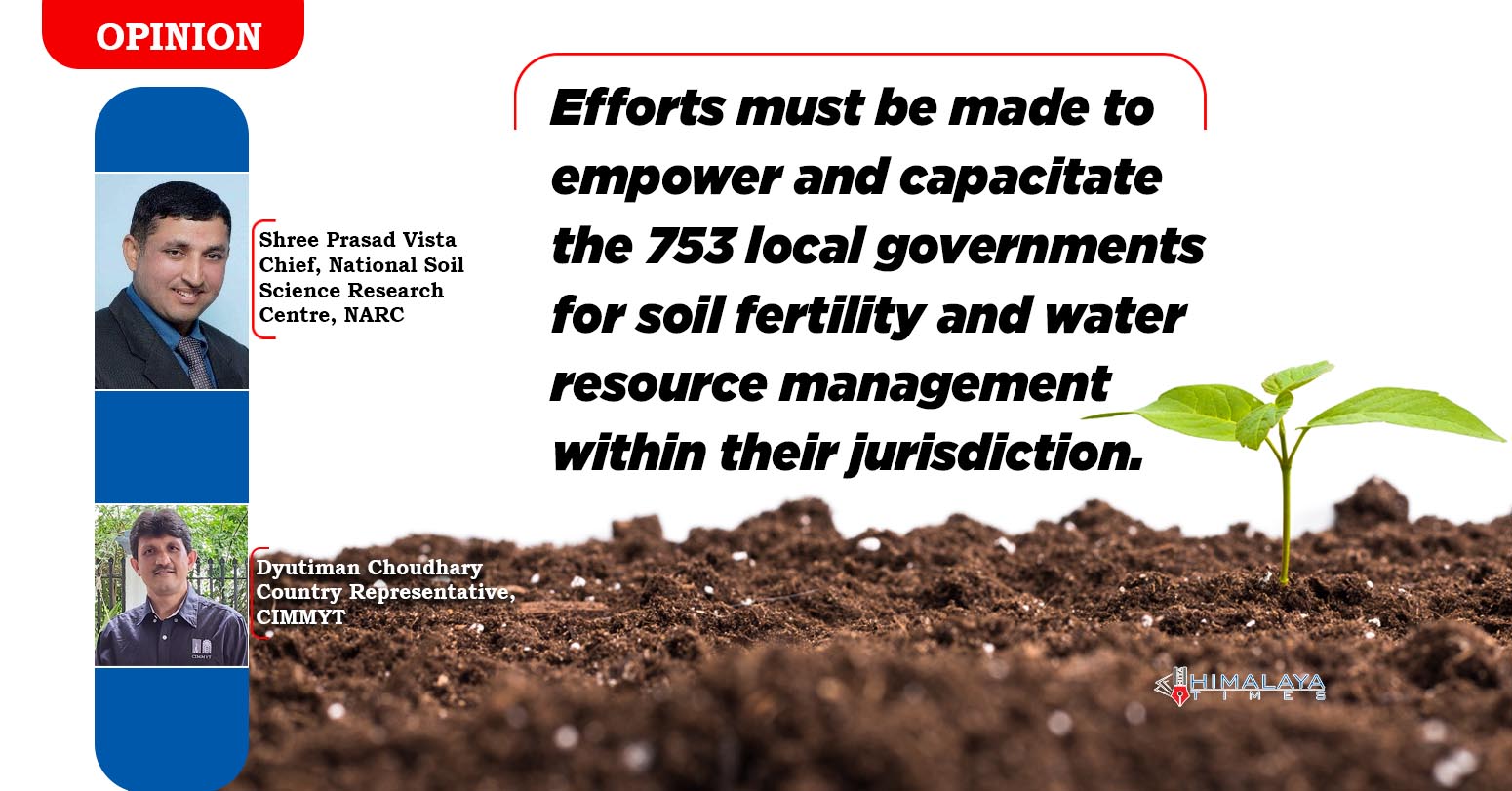
Comprehensive Data Protection Law Critically
Gender Differences In Mental Healthcare
Messi Wins Best FIFA Men’s
Erosion of Democracy
Fly Dubai Catches Fire in
“Complexities of the South Asian